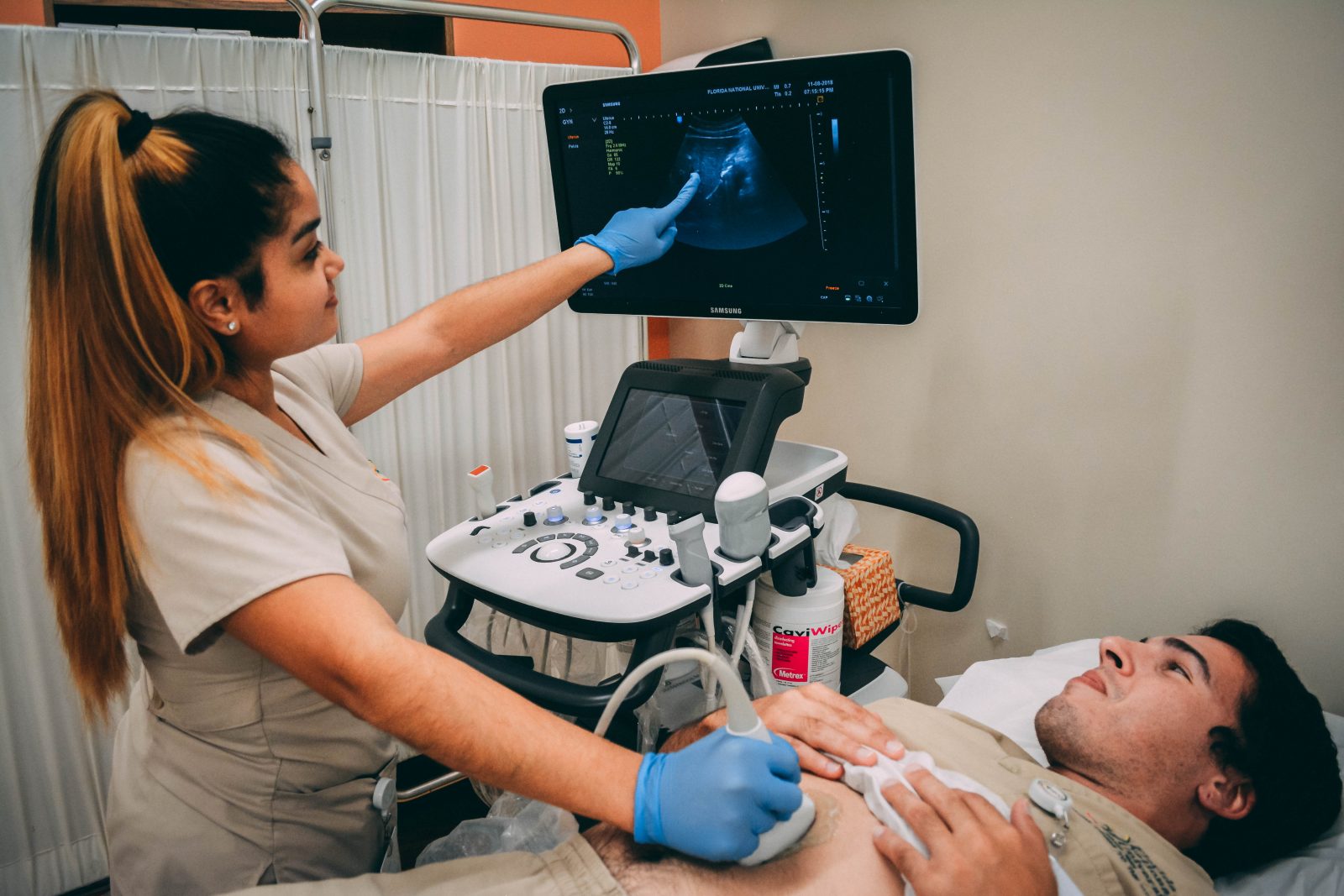Becoming an ultrasound technician is an how long does it take to become an ultrasound tech appealing career choice for many individuals interested in the healthcare field. However, the path to becoming a qualified ultrasound tech involves specific steps and requirements that vary depending on your location and educational background. In this article, we’ll explore the typical timeline and process for becoming an ultrasound technician, also known as a diagnostic medical sonographer.
Educational Requirements
To become an ultrasound technician, you’ll need to complete a formal education program. Most employers prefer candidates who have completed an accredited program in diagnostic medical sonography. These programs are typically offered colleges, universities, and vocational schools. The length of these programs can vary from one to four years, depending on the level of education you pursue.
Certification
After completing an accredited program, you’ll need to obtain certification to practice as an ultrasound technician. The most recognized certification for ultrasound technicians is the Registered Diagnostic Medical Sonographer (RDMS) credential, which is offered the American Registry for Diagnostic Medical Sonography (ARDMS). To obtain this credential, you’ll need to pass an exam that tests your knowledge and skills in the field.
Clinical Experience
In addition to completing an accredited how long does it take to become an ultrasound tech program and obtaining certification, most employers require ultrasound technicians to have some clinical experience. This experience allows you to gain hands-on training under the supervision of experienced sonographers. The length of clinical experience required can vary but is typically around one year.
Licensing
In some states, ultrasound technicians are required to be licensed. Licensing requirements vary state but typically include completing an accredited program, passing a certification exam, and paying a fee. It’s important to check the specific requirements in your state if you’re considering a career as an ultrasound technician.
Continuing Education
Once you’ve become a certified ultrasound technician, you’ll need to complete continuing education requirements to maintain your certification. This ensures that you stay up-to-date with the latest advancements in the field and maintain your skills.
Job Outlook
The job outlook for ultrasound technicians is promising, with how long does it take to become an ultrasound tech a projected growth rate of 17% from 2020 to 2030, much faster than the average for all occupations. This growth is primarily driven an aging population that will require more diagnostic imaging to detect medical conditions such as blood clots and tumors. Additionally, advancements in technology have made ultrasound imaging more accessible and affordable, further increasing the demand for skilled ultrasound technicians.
Specialization
As an ultrasound technician, you may have the opportunity to specialize in a specific area of sonography, such as obstetrics and gynecology, abdominal sonography, or vascular sonography. Specializing can enhance your career prospects and earning potential, as specialized sonographers are often in high demand.
Earning Potential
The earning potential for ultrasound technicians is competitive, with the median annual wage for diagnostic medical sonographers at around $75,920 as of May 2020. However, salaries can vary depending on factors such as location, experience, and specialization. Experienced ultrasound technicians working in metropolitan areas or specialized healthcare facilities tend to earn higher salaries.
Work Environment
Ultrasound technicians typically work in healthcare facilities such as hospitals, physician offices, and diagnostic imaging centers. The work environment is generally clean and well-lit, with technicians spending much of their time on their feet. Ultrasound technicians may also need to lift or turn patients to obtain the best images, so physical stamina is important for this profession.
Advancement Opportunities
With experience and additional education, ultrasound technicians can advance their careers into leadership or teaching roles. Some may choose to specialize further obtaining certifications in multiple areas of sonography. Continuing education is key to staying current in the field and opening up advancement opportunities.
Conclusion
Becoming an ultrasound technician can be a rewarding career choice, but it requires a significant investment of time and effort. The typical timeline for becoming an ultrasound technician can vary depending on your educational background and location, but it generally involves completing an accredited program, obtaining certification, gaining clinical experience, and possibly obtaining a license. If you’re considering a career as an ultrasound technician, it’s important to research the specific requirements in your area and ensure that you’re prepared for the commitment involved.




